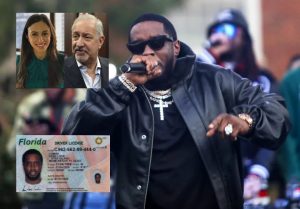Amid rising concerns over violence and organized crime, Mexican musicians like Luis R. Conriquez are distancing themselves from "narcocorridos" in response to public and legal backlash against the genre.
Mexican Music Faces Reckoning as Artists Shift Away from Narco Culture

Mexican Music Faces Reckoning as Artists Shift Away from Narco Culture
Increasing pressures from cities and states lead artists in Mexico to abandon drug-centric themes in their music.
Luis R. Conriquez recently experienced a turning point at a fair in Texcoco, Mexico, known for his prowess in narcocorridos—ballads that glorify drug cartels. While he was once celebrated as the "Corridos King" by Billboard, the musician announced on social media that he would no longer perform several of his popular tracks. This decision is part of a larger movement across Mexico, as increasing scrutiny and criticism surround the narcocorrido genre for its perceived role in glorifying violence and crime.
The announcement sparked a fiery reaction from the crowd, which booed Conriquez and even vandalized the stage. "It feels bad not being able to sing what people want to hear," he lamented, acknowledging the challenges artists face as they navigate public sentiment and increasing regulatory pressures. His pledge to adapt his lyrics and setlists reflects a broader cultural shift as cities and states intensify efforts to combat the influence of organized crime, particularly as they align with calls from international authorities for stronger action against drug trafficking.
With a U.S. tour on the horizon, Conriquez indicated that he would focus on less explicit themes to comply with local mandates restricting pro-criminal content in music. This transformation in the artist's approach embodies a significant moment in Mexico's cultural landscape, where the intertwining of music, identity, and crime continues to shape societal perspectives. Artists are now grappling with the need for artistic expression while striving to remain responsive to the pressing concerns of their communities.




















